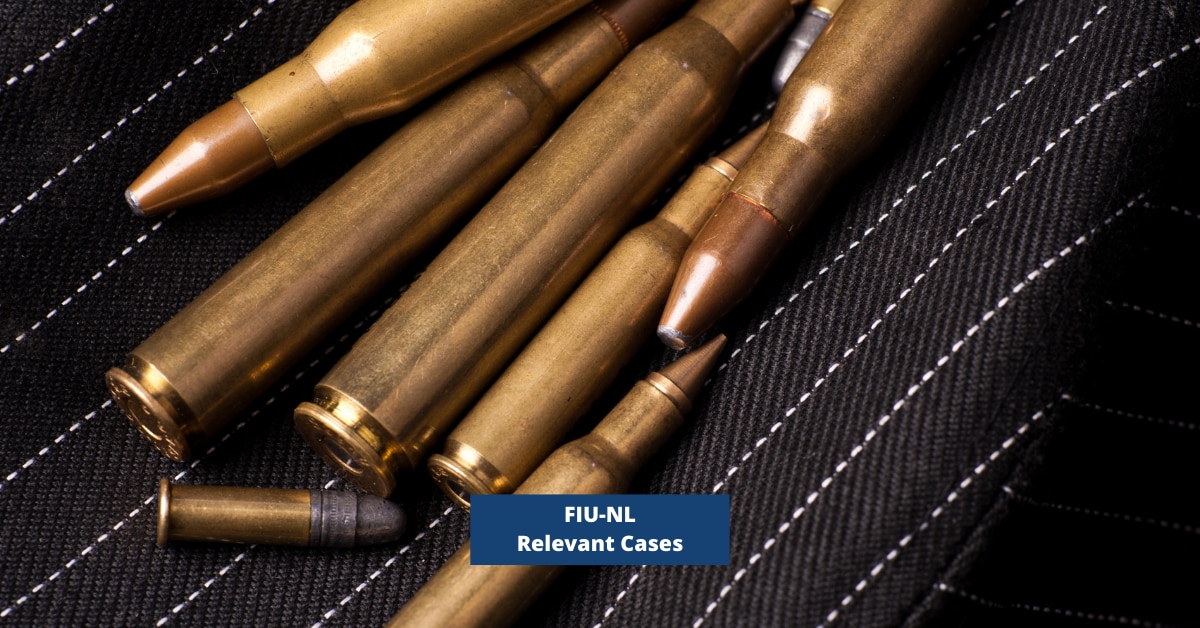Terrorist financing through non-profit organizations
One of the ways terrorists finance their activities is by using non-profit organizations (NPOs). In this article we explain how it works.

It is important to note at the outset of this article that, based on our current information, only a fraction of NPOs is possibly involved in terrorist financing. Furthermore, a distinction must be made between legitimate NPOs that are abused by individuals (infiltrators) and NPOs that are set up as fronts. In this article, we do not focus on a single case but look at the pattern that emerges from multiple cases.
Forms of misuse
Terrorist financing through NPOs can take various forms. This includes siphoning off funds, misusing the organization’s legitimate activities, or posing as a non-profit while pursuing illicit goals.[1] In the latter case, for example, money may be collected under the guise of supporting a humanitarian cause, but ultimately ends up in the hands of terrorists.
Straw owners
Terrorists often rely on intermediaries to conceal their financial transactions. They may also use straw owners: individuals who appear to act as a director of an organization, while someone else is in control behind the scenes. A straw owner might be used when the real director has received negative media attention and can no longer make transfers or move funds without triggering red flags at banks or payment service providers. In some cases, personal bank accounts of directors or people in their social circle are used to carry out the organization’s financial activities.
Risk factors
Sometimes, risk factors may be present in NPOs which operate in regions where terrorist groups are active. Examples of these risk factors include failing to register properly with the Dutch Chamber of Commerce, using outdated or incorrect information, or maintaining unnecessarily complex financial structures that obscure the origin and destination of funds. A high volume of cash donations or undocumented expenditures can be a risk factor, as well. [2]
Please note: these are only potential indicators of risk. Context matters. In some situations, for instance, the use of cash may be essential for delivering humanitarian aid or supporting development work. The presence of a single risk factor does not necessarily mean that an NPO is engaged in illegal activities.
[2] Dutch Ministry of Finance, factsheet Risico op misbruik Non-Profit Organisaties voor financiering terroristische activiteiten, October 2021

